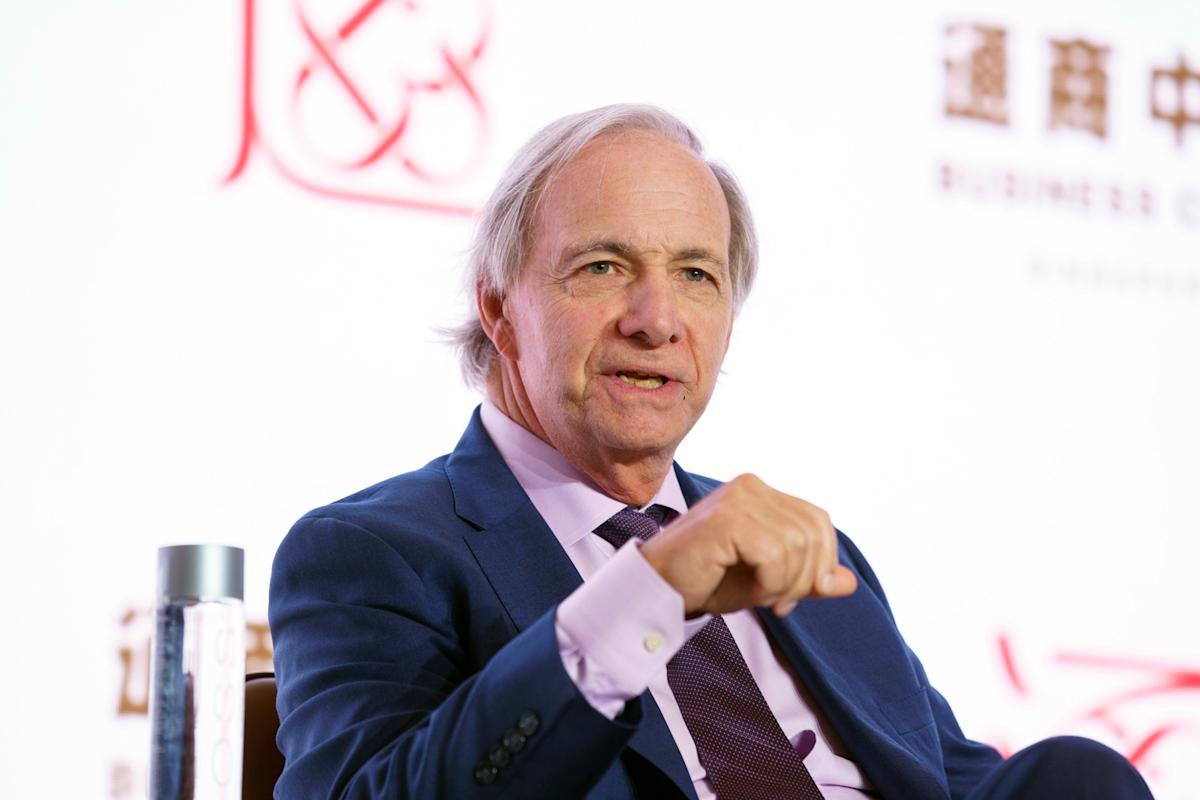Ray Dalio Says US Monetary Order Is at Risk as Debt Mounts
(Bloomberg) — Ray Dalio said the US is unable to cut back on runaway spending that is piling up debt and putting the monetary order at risk.
“You’re seeing the threat to the monetary order,” Dalio said on a panel during the FutureChina Global Forum in Singapore on Friday. “Other factors together will determine whether we’re seeing the end of the entire US empire.”
Most Read from Bloomberg
The Bridgewater Associates founder has long warned of the risks of spiraling debt becoming unsustainable. He has said that politicians on both sides of the aisle in Washington have been reluctant to deal with the growing fiscal challenges.
The US “cannot cut back on its spending for various reasons,” Dalio said on the panel.
Dalio said the US will spend $7 trillion this year and take in only $5 trillion. Given interest payments and roll-over of maturing borrowings, “this means you have to sell $12 trillion in debt,” he said, without giving a timeframe.
“The market in the world does not have that same sort of demand for that debt, and that creates a supply-demand imbalance,” he said, attributing the runaway credit to “human nature.”
His fellow panelist, Ng Kok Song, founding partner of Avanda Investment Management, said the deficit and other issues were putting the US dollar’s strength and supremacy at risk.
In response, Dalio said Trump administration officials including Treasury Secretary Scott Bessent are taking “certain actions” to address the issue, while adding that he didn’t have insight on what the measures were.
“Speaking with Secretary Bessent and people in the administration, there is a greater realization of these problems and greater proactiveness to be able to deal with them than there was before, by a lot,” he said.
Ng said the UK, France and China are also experiencing similar issues. “The US has reached the tipping point,” he said. “We do not know when the crisis is going to unfold.”
Dalio said all currencies will have trouble maintaining their roles as repositories of wealth. “We are seeing non-fiat currencies become the storehold of wealth,” he said, referring to the likes of gold and crypto assets.
Most Read from Bloomberg Businessweek
©2025 Bloomberg L.P.


